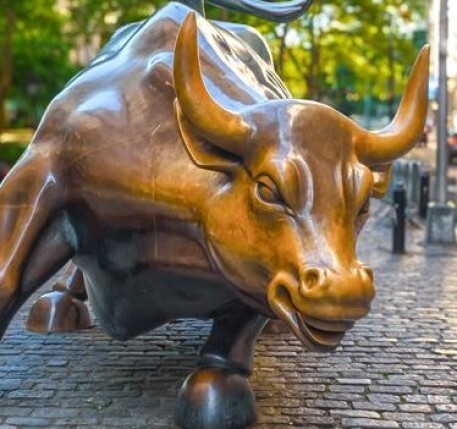In his back-to-school press conference, Prime Minister François Bayrou followed in the footsteps of his predecessor, François Guizot, the short-lived President of the Council of Ministers under the July Monarchy in 1847, when he took stock of French politics: "It is from the political spirit that France today has the most services to expect [...]. The political spirit consists essentially of wanting and knowing how to take one's part and play one's role regularly, without resorting to violence, in the affairs of society. The more the political spirit develops, the more it instills in men the need and the habit of seeing things as they are, in their exact truth. To see what one desires and not what is [...] is the radical weakness of men and peoples still new to political life [...]. To see what is is the first and excellent characteristic of the political spirit. It follows [...] that by learning to see only what is, one also learns to want only what can be." Once again highlighting the risk of France's debt burden and reiterating his desire to achieve savings of nearly €44 billion, the Prime Minister took the opposition, which had called for a nationwide lockdown on September 10th, and the financial markets by surprise by submitting his government to a confidence vote on September 8th. He thus urged MPs to demonstrate political acumen by recognizing the country's current situation ("see what is") and to overcome partisan divides, as opposition parties tend to mitigate the risk of a rising deficit ("see what we want"). The likelihood of a favorable outcome for the Bayrou government is nevertheless low, as evidenced by the correction in French banks and the rise in 10-year yields (-8% and +9bps respectively this week).
On the other side of the Atlantic, the standoff between Donald Trump and the Fed continues, while pressure around Lisa Cook increases. If the latter were to be dismissed, Donald Trump would have appointed more than half of the members of the Fed's Board of Governors within six months, further calling into question the independence of the US central bank. Recent inflation figures, however, support the US president, with PCE inflation published Friday coming in line with expectations at +2.6% year-on-year. Conversely, pressure on employment figures is increasing, with the release of job creation figures this Friday, after the previous release cost the head of the Bureau of Labor Statistics her job. After a revised Q2 GDP of +3.3%, the economy needs a new support factor, while the AI theme seems to be losing momentum, as Nvidia's results (-2.14%) showed, with valuation levels in the US markets becoming unsustainable.
Finally, representatives of 42% of the world's population are meeting yesterday and today in Tianjin, China, at the Shanghai Cooperation Organization summit, which includes China, India, Russia, Indonesia, Pakistan, and Turkey. This event is part of the development of the Global South under the aegis of China, similar to the BRICS summit, and in opposition to the hegemony of Western powers. This meeting between India, China, and Russia comes just a few days after the United States imposed 50% customs duties on India in retaliation for the purchase of Russian oil.










